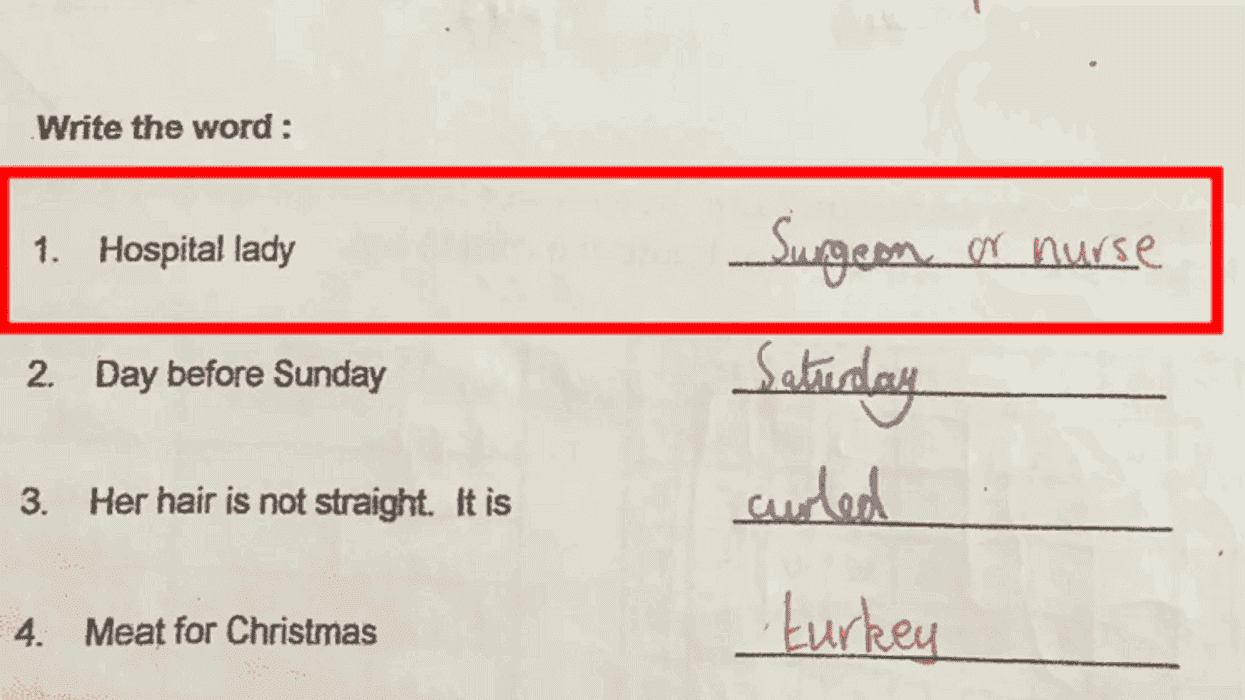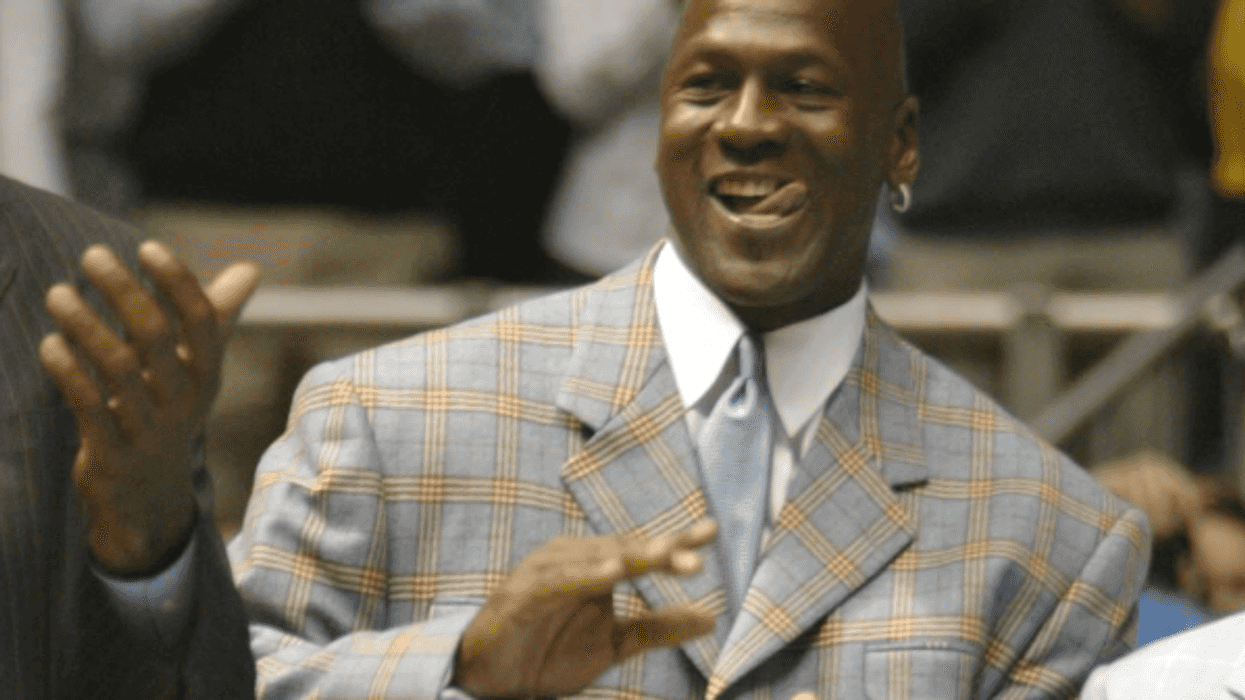Though she’s since pulled away from the phrase “Nothing tastes as good as skinny feels,” model Kate Moss sent the idea spinning into the universe in a 2009 Women’s Wear Daily interview that lit the tail-end of the aughts on fire. The body image conversation it generated is still happening today, but in new ways. Indeed, it has grown many new branches since then.
For some, this conversation continues through the body positivity movement (and its related, though not inherent, toxicity), the body neutrality movement, or many other ways of thinking that attempt to counteract the negative ways many women have come to engage with their bodies. Because the negativity itself does persist. According to the National Eating Disorders Association, “over 90% of women dislike their bodies and 97% of women have an ‘I hate my body’ moment every day.” Body image therapist Lucie Vallée has a theory as to why.
@fightitwithlucie No one cares how skinny you are #bodyimagehealing #summerbody #healingjourney #bingeeatingcoach #bodydysphormia #bodydysmorphia #bodyimageissues #therapytiktok #bodyimage #empoweringwomen #bodypositive #womenintheir30s #bodyliberation #selfhealing
In a recent video that’s gone viral, Vallée asks, “Who do you want to be skinny for?” She asks this because, she believes, “No one cares how skinny you are.” The people who do care, she continues, are people you don’t really want to be around anyway–“judgy women that are in the skinny competition” and “a very specific type of man…[who] like[s] women that make themselves smaller and that put a lot of effort to that.”
Some people agreed, and some didn’t. “Our entire society needs a mindset switch, we shouldn’t be focused on how our bodies look, we should be focused on how our bodies function,” one person wrote. “No, literally everyone cares if you’re above a certain size subconsciously. If you’re below a size 42 [a size 10 in the U.S.], sure, it’s all in your head, above… no, everyone has some judgement on you,” another wrote. There’s also the scope of Vallée’s argument to question—are the only people who care really just “judgy women” and that specific type of man, and are such statements dismissive of women with an outsized interest in the male gaze? Are Vallée’s thoughts realistic?
@fightitwithlucie Women are afraid of being ugly because they are afraid to lose what they think is power : the desire of men. #bodyimagehealing #healingjourney #bingeeatingcoach #bodydysphormia #bodydysmorphia #bodyimageissues #therapytiktok #bodypositive #bodyimage #empoweringwomen #bodyliberation #therapytok #selfhealing
“Within our society and culture today, women’s bodies are objectified and there are weight biases around every corner,” the National Eating Disorder Association shares. “Women who live in larger bodies are labeled with certain undesirable traits and characteristics and are thought of as unhealthy, lazy, and undisciplined.”
Vallée expanded upon this idea herself in Newsweek, adding that "the pressure to conform to unrealistic beauty standards creates a persistent background threat to women's sense of safety and worth," she said. "This generates symptoms such as constant hypervigilance, disconnection from one's body, feelings of unworthiness, isolation, anxiety, and shame." Pressure to conform does come from somewhere. In other videos, she shows how now-beloved films and television shows perpetuated a cultural obsession with thinness, from Clueless to Friends and more.
@fightitwithlucie Me born in the 1990 wondering why I care about my weight so much. #bodyimagehealing #bodydysphormia #bodyimageissues #therapytiktok #bodypositive #bodyimage #empoweringwomen #bodyliberation #therapytok #1990s #nostalgia #
But maybe the larger point that really matters is moving past the “skinny ideal." Of course it’s important to live a healthy lifestyle, but a healthy body does not look the same on everyone. Some people are naturally skinny, others are not. But skinny is not, and should not, be the standard, Vallée says, as a person who once had her own longstanding relationship to the “skinny ideal” to the point of obsession.
The purpose of asking yourself who you are being skinny for, then, forces you to query why this goal is important to you. Is it for you, and if so why? And if it’s for other people, no matter who they are, maybe it’s time to reframe your thoughts.
Vallée does land at a larger truth, though. “Most people around you are gonna love you for so many other reasons than how skinny you are,” she goes on. “This is my little reminder to decenter beauty and skinniness and to focus on all the other possibilities that you have for your life, all the amazing things you can do with your time.”





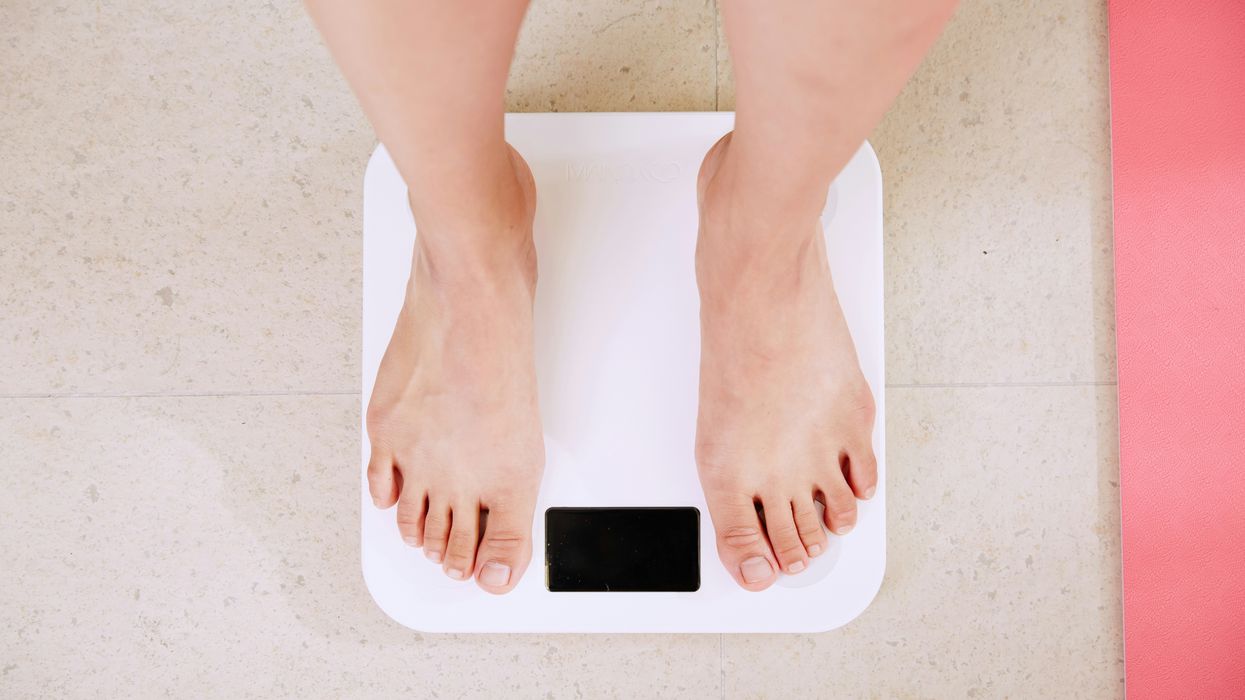












 A young person doing their monthly budgetCanva
A young person doing their monthly budgetCanva
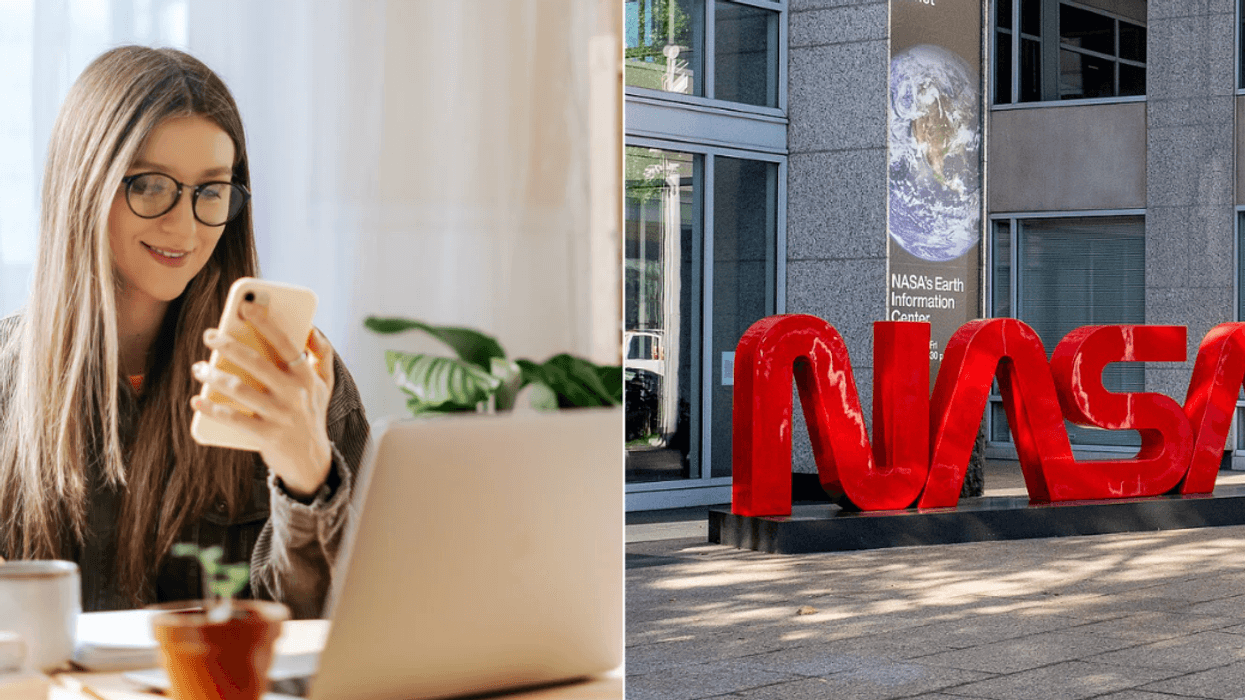
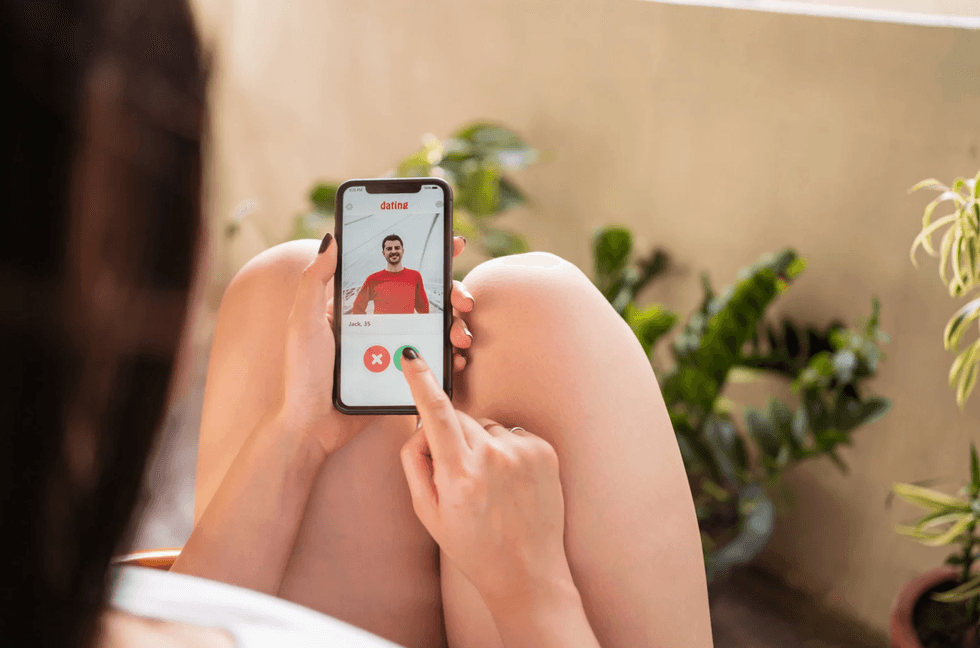 A woman scrolls through a dating appCanva
A woman scrolls through a dating appCanva
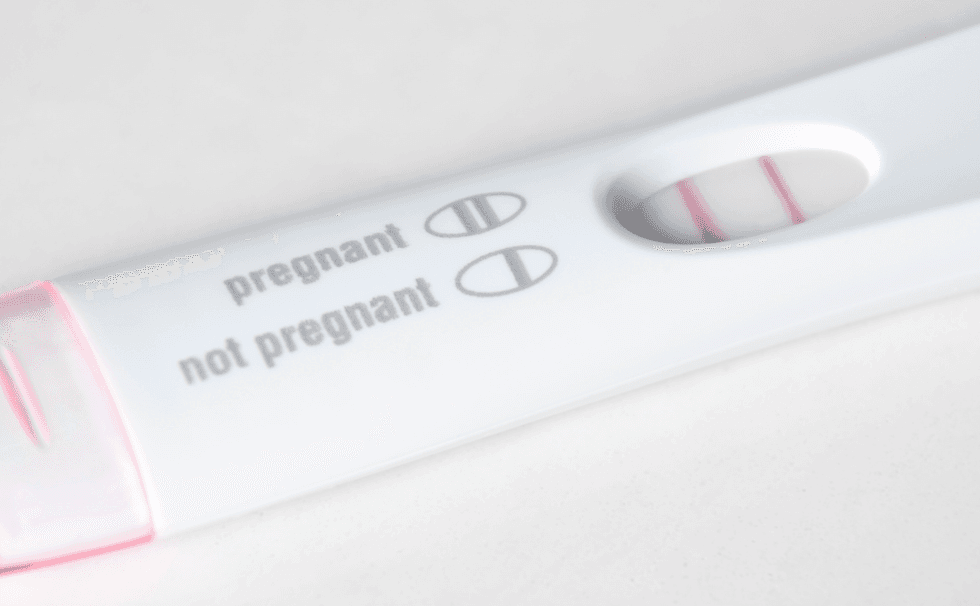 A home pregnancy test Canva
A home pregnancy test Canva
 Openly choosing the one you like best can help break down stigmas.
Openly choosing the one you like best can help break down stigmas.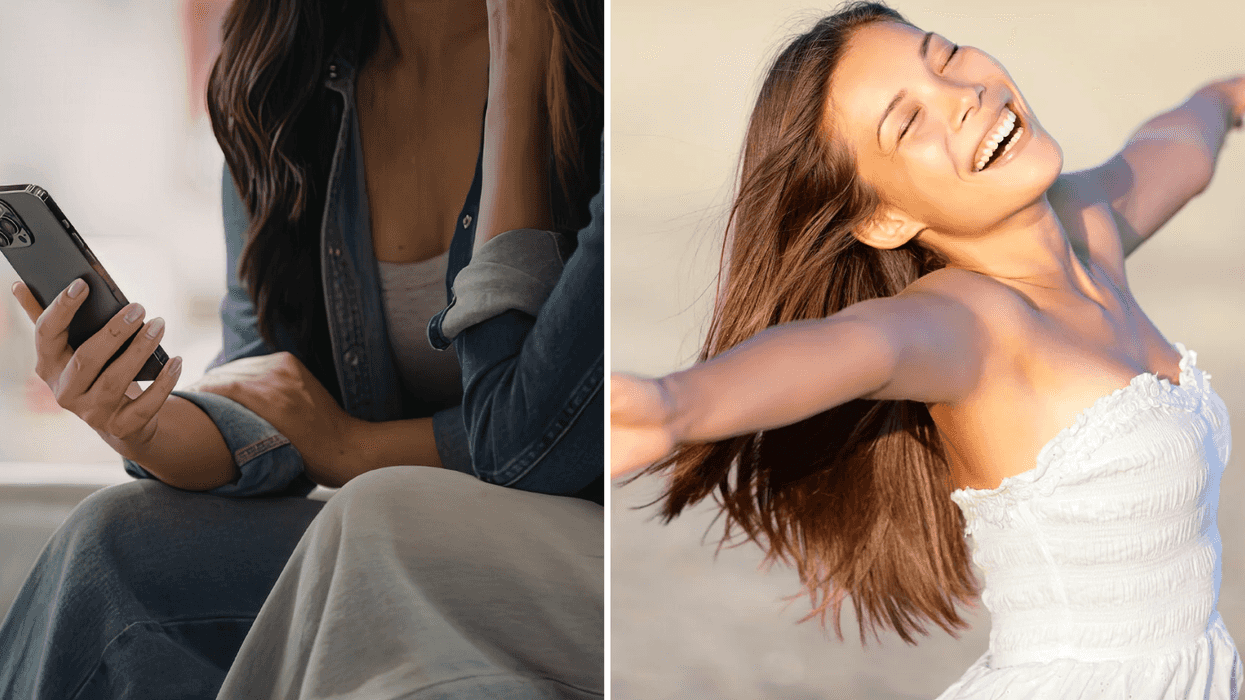
 A young woman scrolling on her phoneCanva
A young woman scrolling on her phoneCanva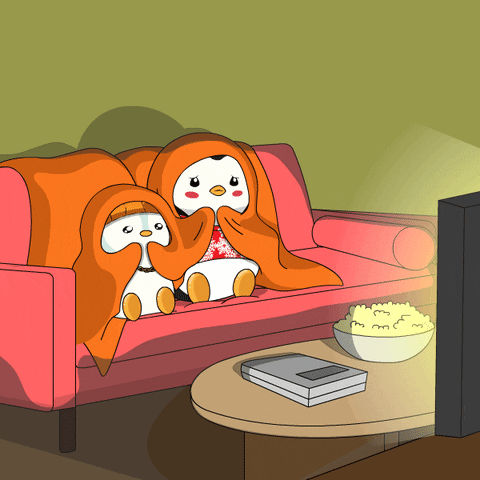 Gig of two cartoon penguins watching TV via
Gig of two cartoon penguins watching TV via 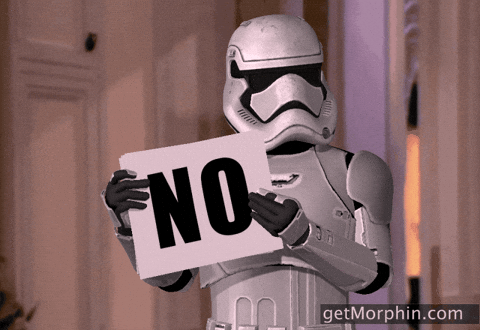 Gif of a storm trooper flipping through sings that say 'no' via
Gif of a storm trooper flipping through sings that say 'no' via 